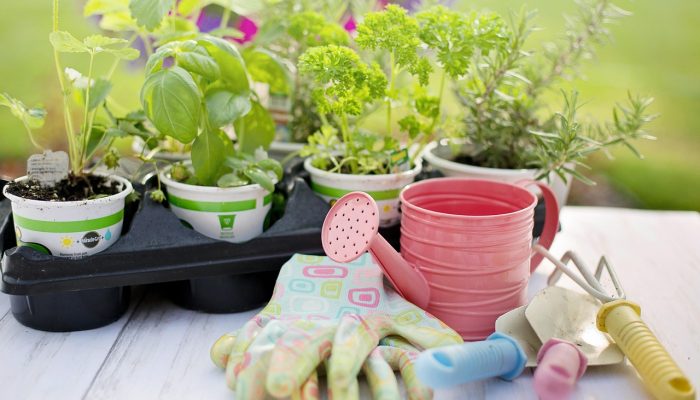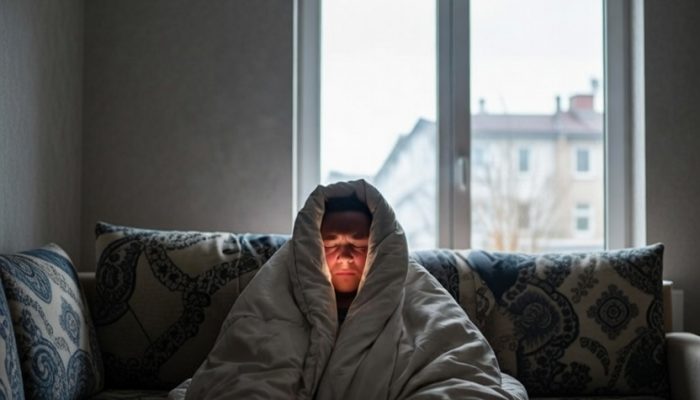Introduction
When children head back to school, it’s often the time parents brace for an unwanted guest—head lice. These tiny parasites thrive in environments where children play and learn closely together, leading to quick transmission. Parents understandably seek effective, gentle solutions that won’t expose their children to harsh chemicals. Homeopathy offers a natural approach to lice control, focusing on holistic remedies that can address symptoms and support the body’s own defences. In this guide, we’ll look at how homeopathy can be part of a gentle, safe strategy to keep lice at bay and get your children back to school without the itching and irritation.
What Are Head Lice and Why Do They Spread Easily?
Head lice are tiny, wingless insects that live on human scalps, feeding on blood. While they don’t spread disease, they can cause itching and discomfort due to the irritation they cause on the scalp. Their life cycle includes three stages: eggs (nits), nymphs, and adults. A single female can lay up to 10 eggs a day, making it easy for an infestation to spread rapidly.
School settings are ideal environments for lice because of the close proximity among children. Physical contact, shared items like hats or brushes, and even simply sitting close together during lessons can allow lice to move from one head to another. Once in the hair, they quickly establish a home, causing itchy scalps and spreading to others before they’re noticed.
The Homeopathic Approach to Combating Head Lice
Homeopathy is a medical system that uses highly diluted natural substances to encourage the body’s natural defences. While homeopathy doesn’t directly kill lice like chemical treatments, it aims to restore balance to the body and relieve symptoms of discomfort like itching, inflammation, and stress associated with lice infestations.
Why Choose Homeopathy for Lice?
Homeopathic remedies offer several benefits that make them suitable for treating lice infestations in children:
- Gentle on Skin: Conventional treatments often use strong insecticides that can irritate sensitive scalps. Homeopathic remedies are gentle, aiming to alleviate discomfort without causing additional irritation.
- No Toxic Ingredients: Homeopathic remedies use natural substances and avoid synthetic chemicals, making them safer for children.
- Holistic Support: Homeopathy considers not only the physical symptoms but also the mental and emotional stress caused by lice infestations. The goal is to improve overall well-being.
Common Homeopathic Remedies for Lice Control
There are several homeopathic remedies that may help reduce symptoms and discomfort associated with head lice. Here are some commonly recommended remedies and what symptoms they target:
1. Staphysagria
- Best for: Persistent itching and scratching, particularly when accompanied by irritation or soreness. Staphysagria is derived from the seeds of the stavesacre plant, known historically for its anti-lice properties. In homeopathic preparations, it’s used to alleviate the intense itching and discomfort that lice can cause, calming the skin and reducing the urge to scratch.
2. Lycopodium
- Best for: Children who are anxious or sensitive about having lice and feel embarrassed or upset. Lycopodium, made from club moss, addresses the emotional stress of dealing with lice. It may be helpful if the child feels frustrated or isolated due to the infestation, offering gentle relief from both physical and emotional discomfort.
3. Psorinum
- Best for: Cases where lice infestations are recurring or the scalp is extremely itchy and sensitive. Psorinum is a powerful remedy that’s often used in chronic cases where infestations keep returning. It works by enhancing the body’s resilience, possibly making it less appealing to lice. Additionally, it helps relieve dry, itchy skin, soothing the scalp.
4. Sulphur
- Best for: Severe itching that worsens with scratching and dry, flaky scalp. Sulphur is commonly recommended for children who have intense scalp irritation that worsens at night or after washing. It soothes the scalp, easing the itching and discomfort caused by lice.
5. Thuja Occidentalis
- Best for: Irritation with inflammation and swelling on the scalp. Thuja, derived from the white cedar tree, is often used to treat inflammatory responses. It may help reduce any swelling or redness from scratching, which can further alleviate irritation.
How to Use Homeopathic Remedies for Lice
Homeopathic remedies come in various forms, including pellets, tablets, and liquid solutions. Here are some tips for safely using these remedies at home:
- Dosage and Form: Homeopathic remedies are highly diluted, and the dosage typically involves placing a few pellets or drops under the tongue. It’s essential to follow the dosage recommendations provided by a practitioner.
- Observing Changes: Homeopathy is generally safe for children, but results can vary. Observe how your child responds to the remedy, and avoid using multiple remedies at once unless advised by a practitioner.
- Preventive Use: Some homeopathic practitioners suggest that remedies like Psorinum and Staphysagria can be taken occasionally as preventive measures, especially in environments where lice are common, like schools.
- Seek Professional Advice: For ongoing infestations, consult a homeopath or healthcare provider to determine the best approach for your child’s needs.Homeopathy can work well as part of a broader treatment plan. Here are some therapeutic methods often combined with homeopathy for PTSD:
Supporting Natural Lice Control with Practical Measures
While homeopathy can offer relief, it’s essential to support these remedies with practical actions. Here’s how you can create a comprehensive, natural lice-control strategy:
- Regular Checks and Combing One of the most effective ways to control lice is by routinely checking your child’s scalp and combing their hair with a fine-toothed lice comb. Combing can physically remove lice and nits before they multiply. Consider adding a few drops of essential oils, such as tea tree or lavender, to the comb or your child’s shampoo to discourage lice.
- Avoid Sharing Personal Items. Children should avoid sharing hats, hairbrushes, or other personal items. Teach them the importance of keeping these items to themselves, especially during times when lice outbreaks are common.
- Clean Bedding and Clothing Lice can survive briefly on bedding, pillows, and clothing. Wash these items in hot water and dry them on high heat if possible. This practice can reduce the chances of reinfestation and help keep lice from spreading in the household.
- Maintain Scalp Hygiene Keeping the scalp clean can discourage lice from thriving. Natural shampoos that include eucalyptus, tea tree oil, or neem can help repel lice, and washing the scalp regularly can help remove any stray lice.

Conclusion: A Balanced, Natural Approach to Head Lice
Head lice can be a source of frustration and discomfort, but they don’t need to cause stress for you or your child. By combining the gentle, holistic support of homeopathic remedies with routine lice prevention measures, you can create a lice-control plan that is safe, effective, and free from harsh chemicals.
Homeopathy offers a natural alternative that addresses the symptoms of lice infestations while also supporting emotional well-being. With remedies like Staphysagria and Psorinum targeting both the physical irritation and mental stress, you can help your child through the discomfort of lice in a way that respects their health and reduces exposure to unnecessary chemicals.




